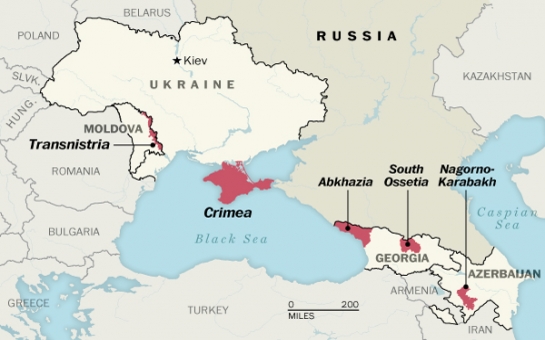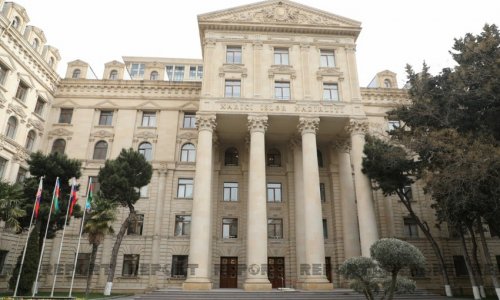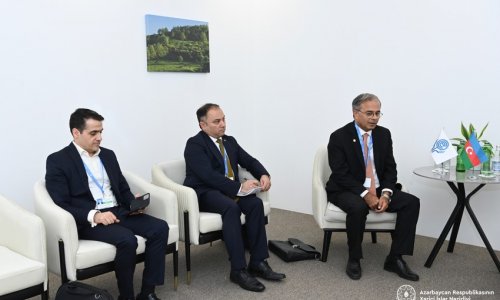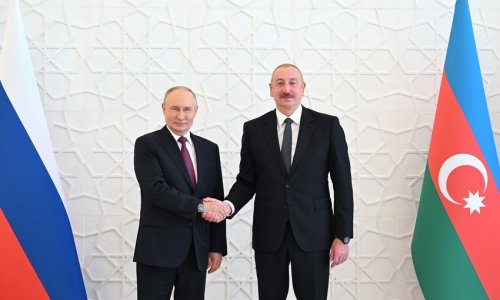Russia's annexation of Crimea has revealed one easily forgotten fact: The world has a lot of gray areas, and these disputed regions are worrying as their unresolved status is often a spark for conflict.
Now, just as it becomes clear that Crimea is part of Russia in all but international recognition, a new gray area enters the headlines. As of Sunday, all eyes were on the other side of Ukraine after U.S. Air Force Gen. Philip M. Breedlove said that Transnistria could soon be a hot spot.
So what is the deal with Transnistria exactly? It's a slim sliver of Moldova that split away from the country as the Soviet Union collapsed and has effectively been a Russian and Ukrainian-speaking enclave ever since.
There are some good reasons to worry about Transnistria. For one thing, Transnistria residents have been pretty clear that they want to join with Russia: Some 96% of voters wanted to be part of Russia in a 2006 poll, but Russia refused. Speaking Sunday, Breedlove argued that there were "absolutely" enough Russian troops on eastern border of Ukraine to "run to Transnistria if the decision was made to do that." The Moldovan government has already warned Russia not to repeat Crimea there.
Transnistria is just one of several gray areas left after the fall of the Soviet Union. You can see some of the others on the map above, which shows other hot spots such as Abkhazia, which broke away from Georgia in 1993, and South Ossetia, subject of an unresolved conflict with Georgia since 1992 and the basis of a short war between Russia and Georgia in 2008.
Nagorno Karabakh has been controlled by Armenians since 1994, and the presence of Russia's 102nd Military Base in Armenia has led to a good amount of speculation that Russian troops could intervene.
The tensions over these regions have been lingering for years, rarely making headlines outside of the region. They're a worrying reminder that these gray areas, whether they are in former Yugoslavia, the East China Sea, or the Indian subcontinent, have a habit of coming back to haunt.
(The Washington Post)
ANN.Az











